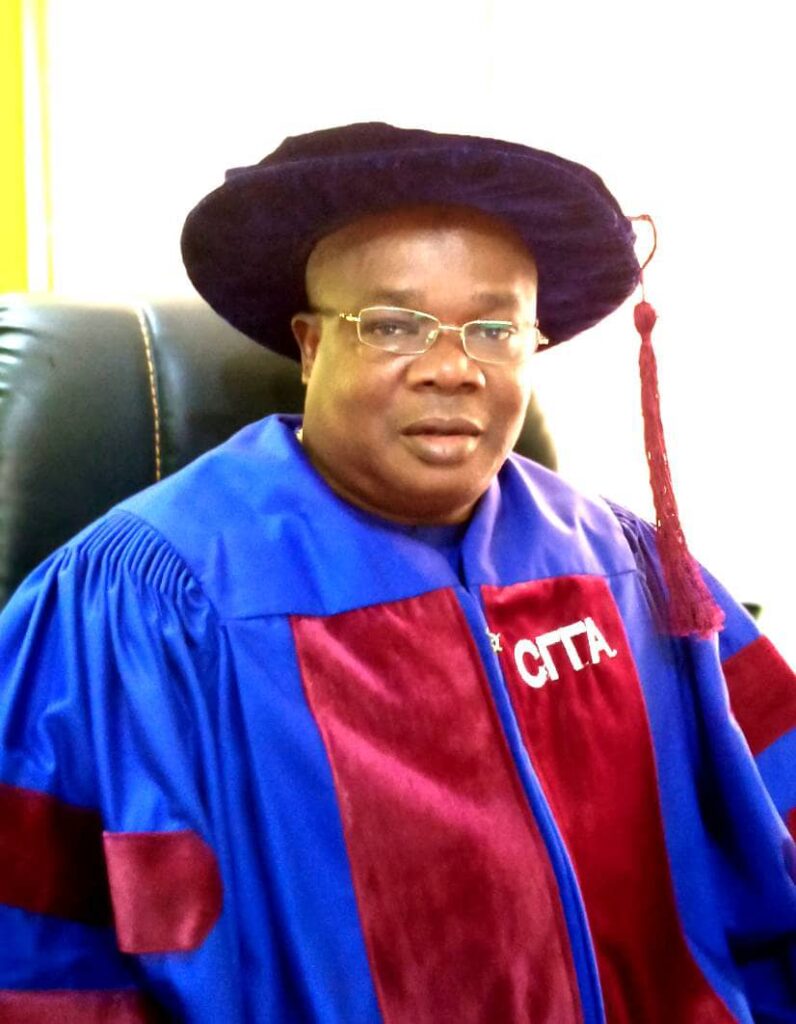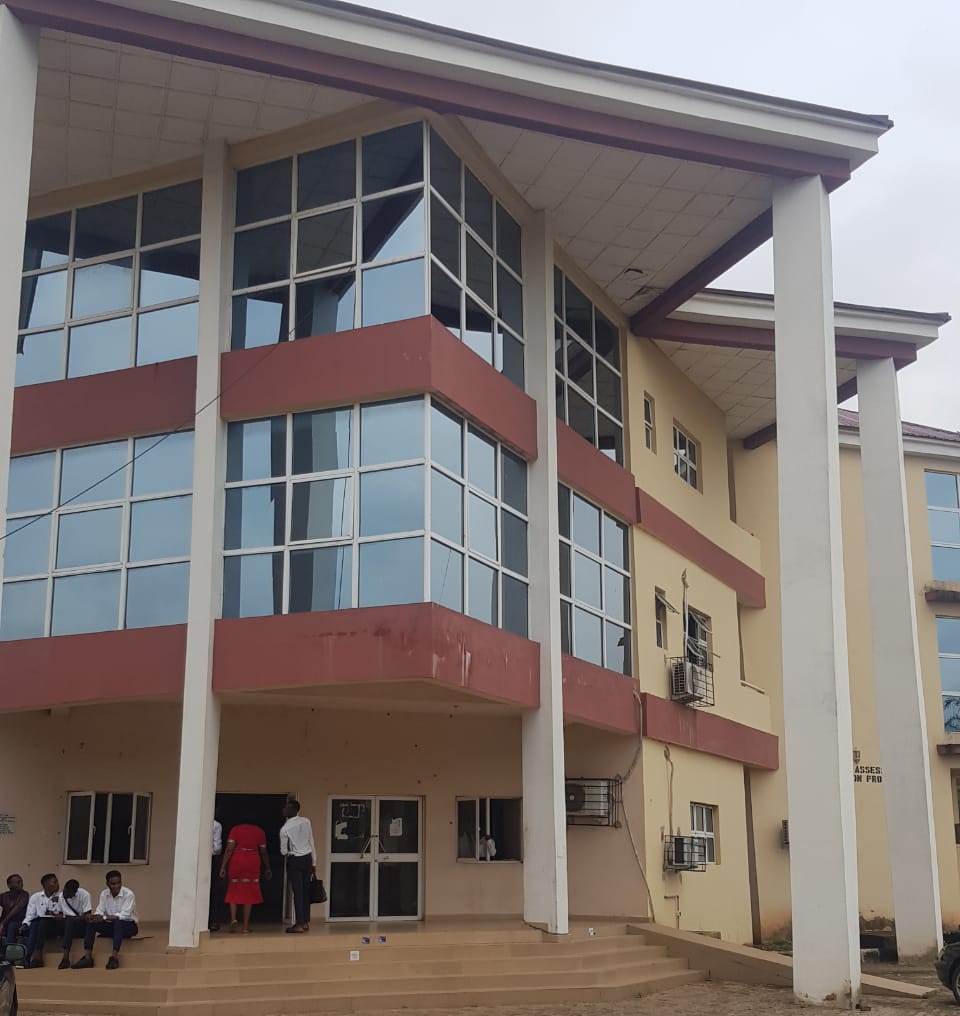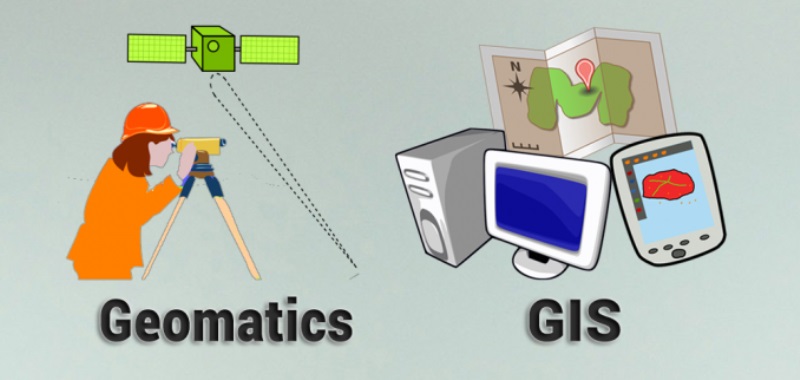
Amb. Engr. Surv. Prof. Ehigiator – Irughe Raphael (Faculty of Environmental Sciences)
Welcome to the Faculty of Environmental Sciences, University of Benin
Our Faculty is a young one founded in 2014. The Faculty currently has four departments which include the Department of Architecture, Estate Management, Geomatics (formerly called Surveying), and Quantity Surveying. Two other departments, Building Technology and Urban and Regional Planning are expected to join the above four departments in the future. The faculty is currently housed within the Faculty of
Engineering and the development of the permanent site of the Faculty is in progress.
In the Faculty of Environmental Sciences, we intend to advance knowledge by educating a new generation of students who will help in solving the enormous resources, environmental and infrastructural challenges facing our country, Nigeria by judicious application of Science and Technology. To meet these challenges, the Faculty has acquired modern Digital equipment, sensors and computer workstations with other necessary hardware and software.
The University has recruited a crop of young multi-talented academic staff with varying international background and it is this that the faculty is leveraging on to create a sustainable science-intensive multi disciplinary programme that meets international requirement and acceptability. It is this drive for Global recognition and acceptability that has made the Faculty unique. And it is the result of these efforts that the faculty has gained global recognition by being admitted as academic member of the International Federation of Surveyors (FIG) during the FIG working week held in Sofia, Bulgaria in May 2015.
The Faculty is currently, through the University, striving to enter into collaboration agreement with sister Institutions in USA, some EU countries and Russia.
There is simply no better place to pursue advanced training in meeting the challenges and exploring the opportunities in our environment than the Faculty of Environmental Sciences in UNIBEN. Come to us and be moulded.
1. FACULTY FOCUS
i) FACULTY VISION:
The vision of the Faculty of Environmental Sciences, University of Benin is to develop the knowledge, talent and leadership to understand the changing landscape of Nigeria in particular and the world at large, and help solve the enormous infrastructural resources and environmental challenges, facing our nation now and in the future.
ii) OUR MISSION
Our Mission include:
- To create and effectively disseminate the necessary knowledge about the earth, and the resource contained therein.
- To train our student in contemporary theoretical and practical knowledge and skills to deal with the planning, design, construction management and conservation of manmade and natural environment.
- To integrate, synthesize and apply science and Technology in solving societal problem such as-:
* Identification and mutigation of risk posed by natural disaster such as flood, erosion, coasted subsidence, sent encroachment etc
* Sustainable use of energy as water
* Effect of climate change on the natural environment.
- To learn to manage and mutegate risk, and unsealed projects economic.

2. BRIEF HISTORY OF FACULTY OF ENVIRONMENTAL SCIENCES
The establishment of this Faculty was necessitated by the desire of the University of Benin to meet the increasing demands of Nigerians, especially those within the catchment areas of the University to for academic pursuits in the area of Environmental Sciences and Technology.
To those end, Senate of the University approved six courses for the new Faculty namely- Architecture, Estate Management, Geomatics (Surveying Geoinformatics ), Quantity Surveying, Building Technology as well as Urban and Regional Planning.
The new Faculty has commenced admission into the first four Departments namely: Architecture, Estate Management, Geomatics and Quantity Surveying after N.U.C. resource verification. The last two Departments, Building Technology and Urban and Regional Planning are to commence later.




